Research description The research project, in short called Beyond flatland project, is aimed at getting a better theoretical and practical understanding of how mathematics-related higher-order thinking develops and can be fostered in primary school students (with the focus on fifth-grade students). This domain-specific higher-order thinking will be investigated in three part-projects addressing respectively dynamic data modeling, probability, and early algebra.
The current job announcement is meant to find a candidate for the part-project on probability. This part-project investigates how emergent understanding of probability develops and how probability-related higher-order thinking skills can be fostered in primary school students. The focus will be on understanding sample space. In a lesson series containing probability tasks based on variation theory students are prompted to recognize that it is crucial to take into account all thinkable outcomes of a probabilistic event. In the experiment two further learning facilitators are tested. In one condition students are offered embodied physical activities combined with simulations in an ICT environment, whereas in the other condition this approach is extended with a perceptual epistemic resource.
The research project is based on Freudenthals theory of the didactics of mathematics and is further grounded in embodied cognition theory and representational re-description theory, and uses interventions with ICT based on variation theory. The research design combines a macro-genetic approach (development over one school year) and a micro-genetic approach (development over lesson series) nested within the macro-genetic study.
All three part-projects have the same design and analysis methods, but use domain-specific interventions and measurements. The projects consist of two phases: a pilot phase in which the intervention and the measurements are designed and formatively evaluated, and an experimental phase in which the intervention is summatively evaluated.
Research context The Beyond flatland project is part of the Education and Learning Research Program of the Faculty of Social and Behavioural Sciences of Utrecht University and is carried out in collaboration with the Leibniz Institut fur die Padagogik der Naturwissenschaften und Mathematik (IPN), Kiel.
The PhD candidate will be appointed for 0,5 fte at Utrecht University and for 0,5 fte at the IPN Kiel. The data collection will take place in the Netherlands. The PhD student will have her/his office at Utrecht University, but there will be frequent meetings with the IPN staff. The PhD study will be in accordance with the Doctoral Degree Regulations of Utrecht University.
The Beyond flatland project team is multidisciplinary. Staff includes the disciplines of the didactics of mathematics, education, cognitive and developmental psychology, and psychometrics. The principal investigator of the project is prof. dr. Marja van den Heuvel-Panhuizen.
Scholarship description The candidate will do her/his PhD study within the part-project on probability and will work closely together with the researchers in the two other part-projects. The research activities will cover all the stages of the project and will include reviewing literature, designing (ict-based) instructional materials and measurement materials, recruiting schools, collecting data, analyzing data, writing publications, and presenting results on scientific and professional meetings. ![]()
![]()
![]() Qualifications The candidate should be a highly motivated, creative and enthusiastic researcher, holding a Masters degree in one of the social or behavioural sciences, or in mathematics or one of the natural sciences combined with a teacher qualification. Excellent knowledge of research designs and methods (both qualitative and quantitative) and statistical skills related to educational research is essential. Prior experience in scientific educational research is strongly in the candidates favor. Having completed a Research Master is an advantage. Knowledge about the school mathematics curriculum or experience with mathematics teaching is recommendable. The candidate is able to write in English at a level that is required for scientific publications. Because of the necessary communication with primary school students and their teachers in the Netherlands, knowledge of the Dutch language (or the willingness to become competent at this) is necessary. Furthermore, knowledge of the German language is highly in favor of the candidate. Last but not least, it is self-evident that the candidate is a good team player and has a solution-oriented attitude.
Qualifications The candidate should be a highly motivated, creative and enthusiastic researcher, holding a Masters degree in one of the social or behavioural sciences, or in mathematics or one of the natural sciences combined with a teacher qualification. Excellent knowledge of research designs and methods (both qualitative and quantitative) and statistical skills related to educational research is essential. Prior experience in scientific educational research is strongly in the candidates favor. Having completed a Research Master is an advantage. Knowledge about the school mathematics curriculum or experience with mathematics teaching is recommendable. The candidate is able to write in English at a level that is required for scientific publications. Because of the necessary communication with primary school students and their teachers in the Netherlands, knowledge of the Dutch language (or the willingness to become competent at this) is necessary. Furthermore, knowledge of the German language is highly in favor of the candidate. Last but not least, it is self-evident that the candidate is a good team player and has a solution-oriented attitude.![]()
![]()
![]() Offer We offer a temporary position of 1.0 FTE for a period of four years, starting as soon as possible. For a 1.0 FTE position the monthly gross salary amounts in the first year €2.125 and this will in the fourth year amount up to €2.717. This salary corresponds with the Collective Labor Agreement of the Netherlands Universities. In addition a fetching package of benefits is offered such as 8% vacation bonus and 8.3% end-of-the-year bonus. Furthermore, good pension arrangements are offered, partly paid parental leave, and flexible employment conditions.
About the organisation Utrecht University has great ambitions for its teaching quality and study success rates. This also applies to its clear research profiles which are centred on four themes: Dynamics of Youth, Institutions, Life Sciences and Sustainability. Utrecht University plays a prominent role in our society and contributes to finding the answers to topical and future societal issues. The Faculty of Social and Behavioural Sciences is one of the leading faculties in Europe providing research and academic teaching in interdisciplinary social science, cultural anthropology, educational sciences, pedagogical sciences, psychology, and sociology. Research and teaching activities are concentrated in five areas: Behaviour in Social Contexts; Child and Adolescent Studies; Cognitive and Clinical Psychology; Education and Learning; and Methodology and Statistics. More than 5,600 students are enrolled in a broad range of undergraduate and graduate programmes. The Faculty of Social and Behavioural Sciences has some 850 faculty and staff members, all providing their individual contribution to the training and education of young talent and to the research into and finding solutions for scientific and societal issues.
Additional information For more information about this vacant PhD position, please contact prof. dr. Marja van den Heuvel-Panhuizen (m.vandenheuvel-panhuizen@uu.nl) or prof.dr. Paul Leseman (p.p.m.leseman@uu.nl) in the Netherlands and prof. dr. Aiso Heinze (heinze@ipn.uni-kiel.de) or prof. dr. Anke Lindmeier (lindmeier@ipn.uni-kiel.de) in Germany.
Apply An application letter with your motivation to apply for this job and your curriculum vitae can be send until June 8, 2015. You can apply by pressing the button below.
Offer We offer a temporary position of 1.0 FTE for a period of four years, starting as soon as possible. For a 1.0 FTE position the monthly gross salary amounts in the first year €2.125 and this will in the fourth year amount up to €2.717. This salary corresponds with the Collective Labor Agreement of the Netherlands Universities. In addition a fetching package of benefits is offered such as 8% vacation bonus and 8.3% end-of-the-year bonus. Furthermore, good pension arrangements are offered, partly paid parental leave, and flexible employment conditions.
About the organisation Utrecht University has great ambitions for its teaching quality and study success rates. This also applies to its clear research profiles which are centred on four themes: Dynamics of Youth, Institutions, Life Sciences and Sustainability. Utrecht University plays a prominent role in our society and contributes to finding the answers to topical and future societal issues. The Faculty of Social and Behavioural Sciences is one of the leading faculties in Europe providing research and academic teaching in interdisciplinary social science, cultural anthropology, educational sciences, pedagogical sciences, psychology, and sociology. Research and teaching activities are concentrated in five areas: Behaviour in Social Contexts; Child and Adolescent Studies; Cognitive and Clinical Psychology; Education and Learning; and Methodology and Statistics. More than 5,600 students are enrolled in a broad range of undergraduate and graduate programmes. The Faculty of Social and Behavioural Sciences has some 850 faculty and staff members, all providing their individual contribution to the training and education of young talent and to the research into and finding solutions for scientific and societal issues.
Additional information For more information about this vacant PhD position, please contact prof. dr. Marja van den Heuvel-Panhuizen (m.vandenheuvel-panhuizen@uu.nl) or prof.dr. Paul Leseman (p.p.m.leseman@uu.nl) in the Netherlands and prof. dr. Aiso Heinze (heinze@ipn.uni-kiel.de) or prof. dr. Anke Lindmeier (lindmeier@ipn.uni-kiel.de) in Germany.
Apply An application letter with your motivation to apply for this job and your curriculum vitae can be send until June 8, 2015. You can apply by pressing the button below.![]()
![]() Apply Now
Apply Now
Scholarships are not only for the smart students. Anyone can get scholarships

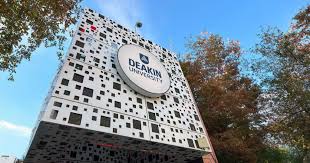
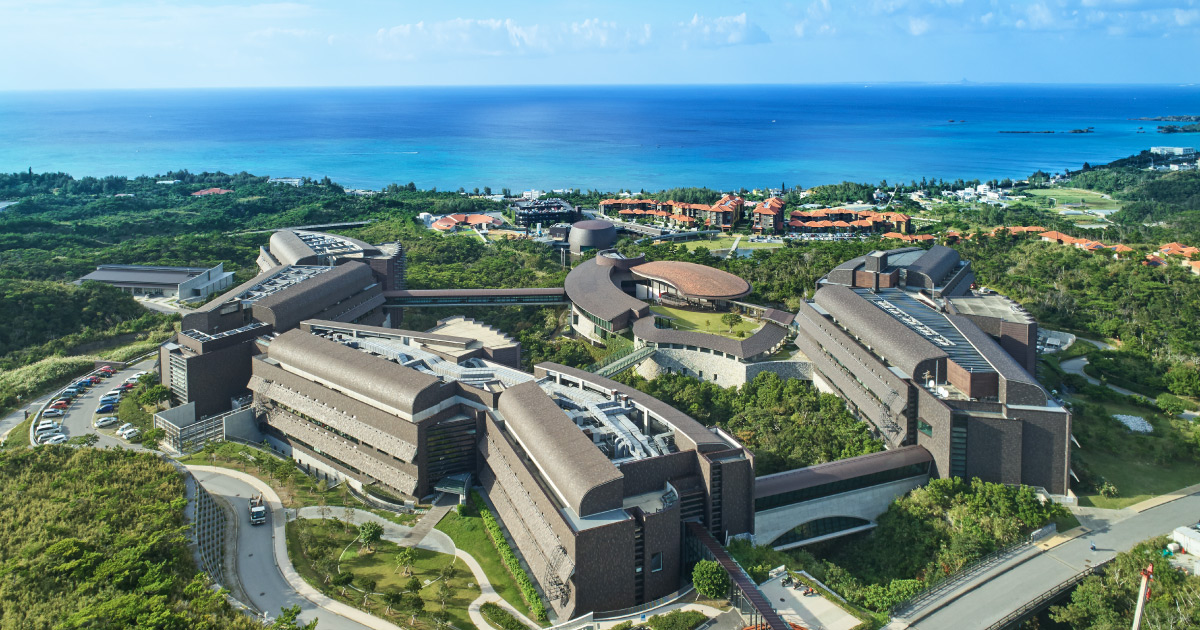
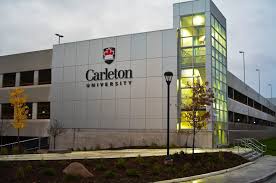
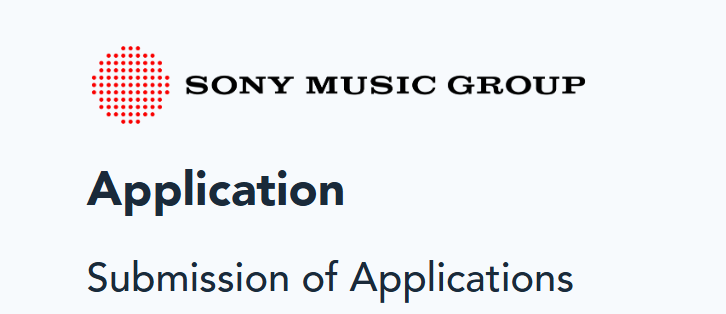
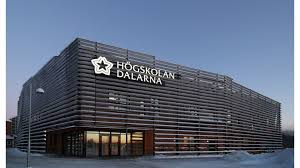
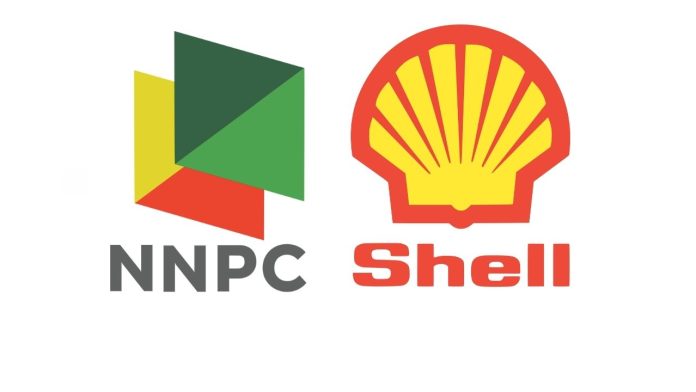


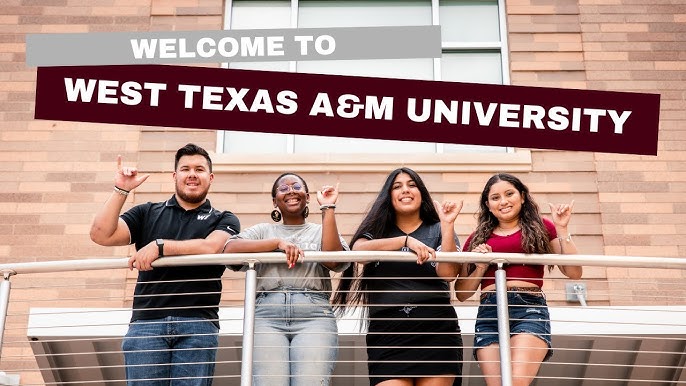
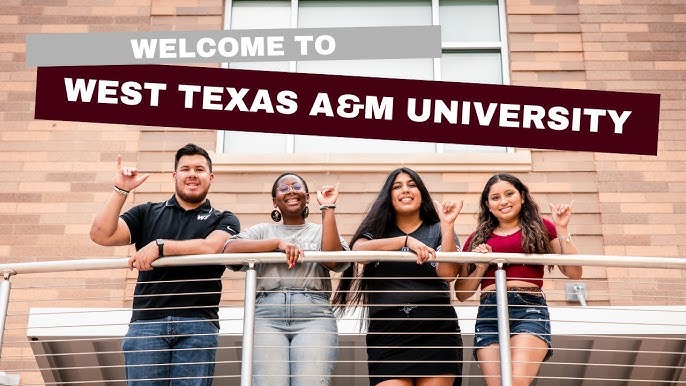
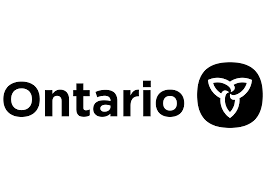


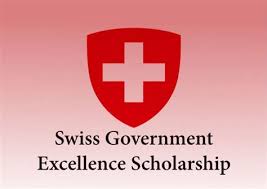
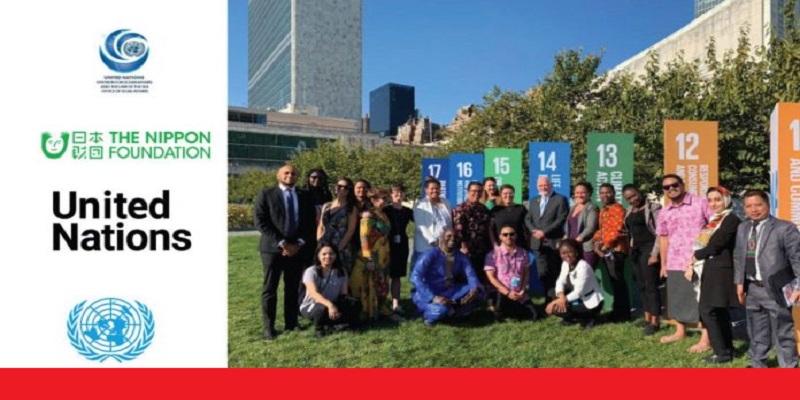

Have a Question about this Scholarship?